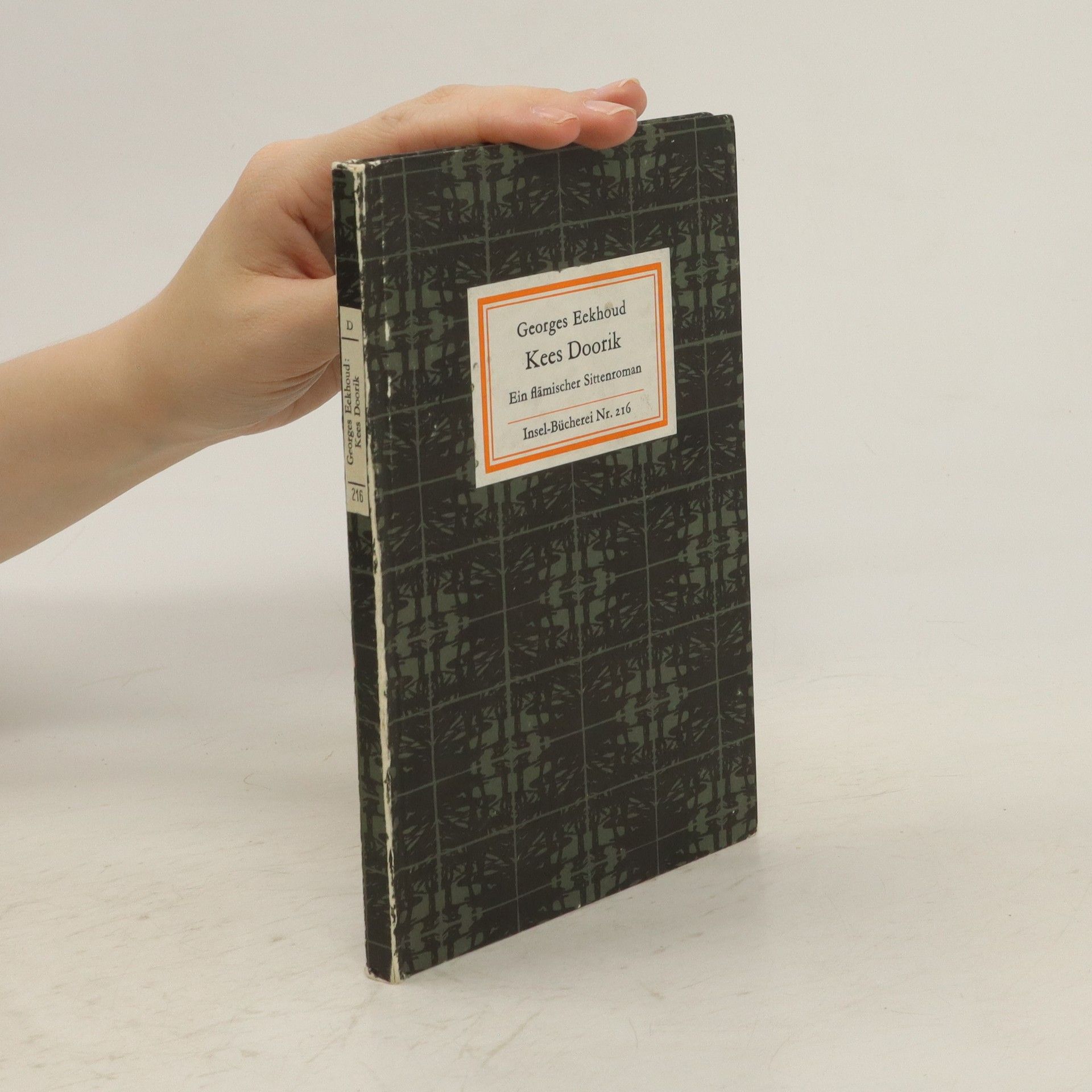Georges Eekhoud Livres
Georges Eekhoud était un écrivain belge d'origine flamande qui écrivait en français. Son roman Escal-Vigor, paru en 1899, a provoqué un scandale en tant que première œuvre de la littérature belge francophone à aborder ouvertement le sujet de l'homosexualité. Son travail a ainsi représenté une étape pionnière dans la représentation des thèmes sociaux.


Osudy Laurenta Paridaela. Pestrá a expresivní freska života Antverp v polovině 80. let 19. století, kdy došlo k jejich novému hospodářskému a územnímu rozmachu. Zároveň je Nové Kartágo odrazem lásky autora k nádhernému městu a jeho živitelce a obdivovatele, mohutné řece Šeldě.